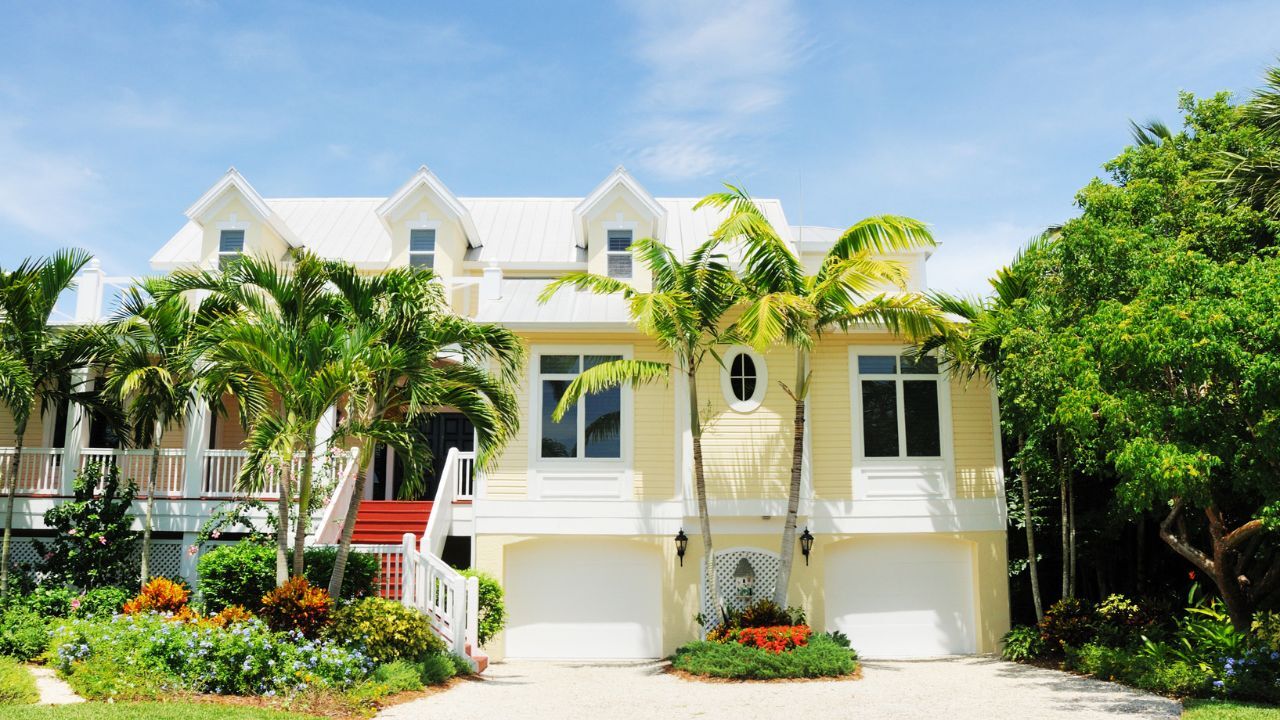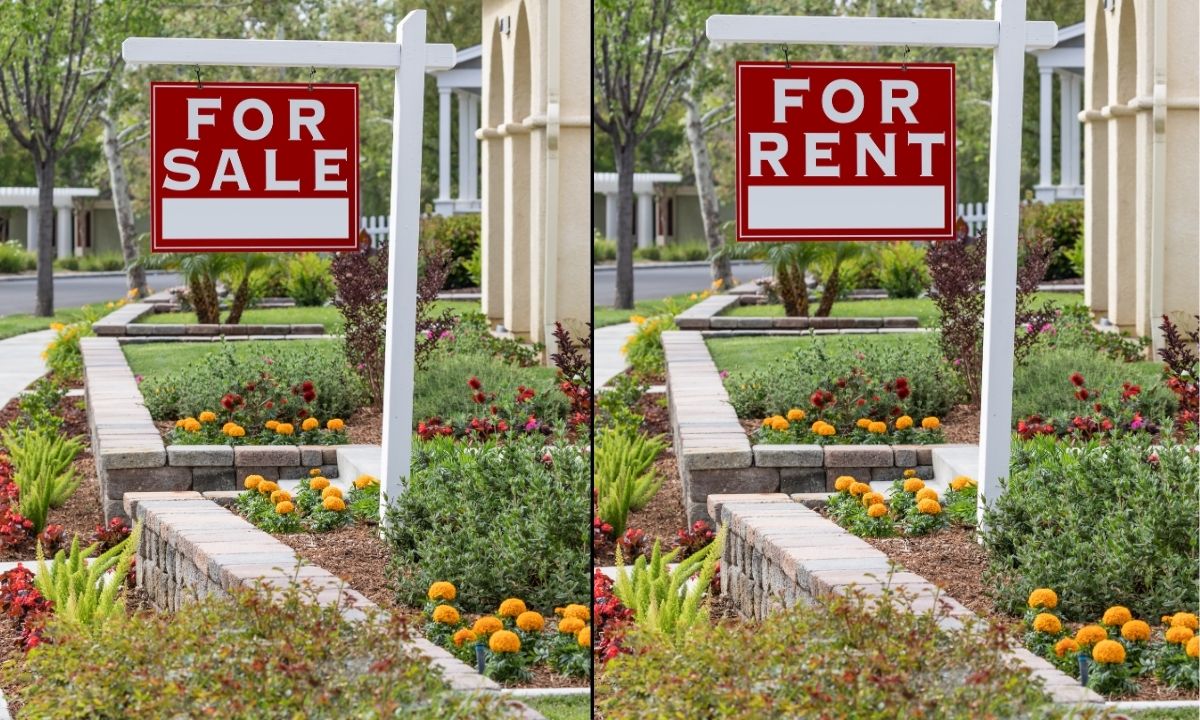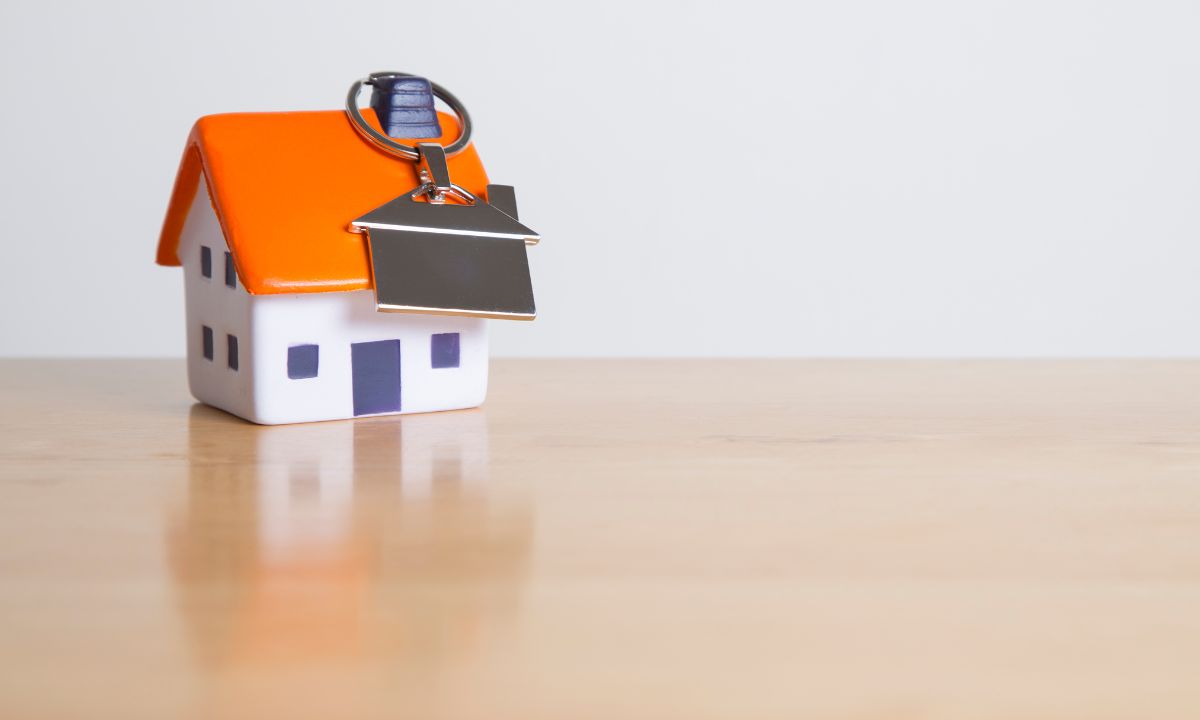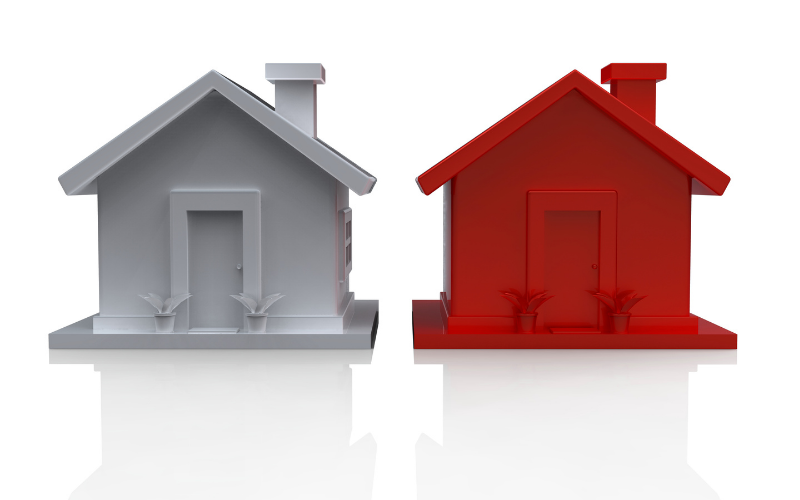 The idea of owning a vacation home is a dream for many. Imagine having a personal getaway spot to escape the everyday hustle, a place where you can unwind and make memories with family and friends. While the idea is appealing, owning a second home is a big decision that comes with both advantages and responsibilities. If you are considering purchasing a vacation home, it is important to weigh the pros and cons before moving forward.
The idea of owning a vacation home is a dream for many. Imagine having a personal getaway spot to escape the everyday hustle, a place where you can unwind and make memories with family and friends. While the idea is appealing, owning a second home is a big decision that comes with both advantages and responsibilities. If you are considering purchasing a vacation home, it is important to weigh the pros and cons before moving forward.
The Pros of Buying a Vacation Home
Consistent Access to Your Favorite Destination
One of the biggest advantages of owning a vacation home is the ability to return to a place you love as often as you want. Whether it is a mountain cabin or a beachside retreat, having your own space means you can enjoy familiar comforts and routines while getting away from it all.
Potential for Rental Income
Many vacation homeowners choose to rent out their property when they are not using it. This can help offset mortgage payments, property taxes, and maintenance costs. With the right location and marketing strategy, a vacation rental can generate a healthy stream of income.
Long-Term Investment
Real estate is often a strong long-term investment. A vacation home can appreciate over time, especially if it is in a desirable location. Even if you are not using it year-round, the property may build equity and provide a return if you decide to sell in the future.
Family Legacy and Personal Enjoyment
A vacation home can become a place for generations to gather, creating lasting traditions and memories. Owning a home that your family can return to again and again offers more than just financial value. It is about building a lifestyle.
The Cons of Buying a Vacation Home
Ongoing Maintenance and Costs
A second home means double the upkeep. From regular maintenance to unexpected repairs, the costs can really add up. If the property is far from your primary residence, managing those needs can be especially challenging without local support.
Financing and Insurance Considerations
Securing a mortgage for a vacation home can be more complex than for a primary residence. Interest rates may be higher, and lenders may require a larger down payment. In addition, properties in certain areas, such as coastal regions, may need specialized and more expensive insurance coverage.
Limited Use and Market Fluctuations
Some owners find that they do not use their vacation home as much as they expected. Life gets busy, and travel plans change. Also, vacation destinations can be affected by economic shifts and seasonal demand, which can impact rental income or resale value.
Responsibility When Renting Out
Renting your home to guests can be profitable, but it also comes with responsibility. From cleaning and maintenance to guest communication and local regulations, it can feel like managing a small business. Using a property manager can help, but that comes at a cost.
Owning a vacation home can be a rewarding experience, but it is important to plan carefully. Consider your long-term goals, financial readiness, and lifestyle needs. A real estate professional can help you evaluate options and find the right fit if you decide to make your dream vacation home a reality.
 Buying a second home is an exciting milestone. Whether it’s a vacation retreat, an investment property, or a future retirement haven, the decision involves many considerations. One of the most important questions you’ll face is whether to rent out your first home or sell it. Both options have their pros and cons, and the right choice depends on your financial goals, market conditions, and personal circumstances. Let’s discuss the key factors to help you make an informed decision.
Buying a second home is an exciting milestone. Whether it’s a vacation retreat, an investment property, or a future retirement haven, the decision involves many considerations. One of the most important questions you’ll face is whether to rent out your first home or sell it. Both options have their pros and cons, and the right choice depends on your financial goals, market conditions, and personal circumstances. Let’s discuss the key factors to help you make an informed decision. So, you’re considering buying a second home? Whether it’s a cozy cabin in the woods, or a beachfront retreat, the idea of owning a second property is undoubtedly exciting. However, before you get swept away by visions of lazy weekends and family gatherings, it’s crucial to understand the financial implications, especially when it comes to mortgages. Here are some suggestions to help you work through the mortgage considerations when buying a second home.
So, you’re considering buying a second home? Whether it’s a cozy cabin in the woods, or a beachfront retreat, the idea of owning a second property is undoubtedly exciting. However, before you get swept away by visions of lazy weekends and family gatherings, it’s crucial to understand the financial implications, especially when it comes to mortgages. Here are some suggestions to help you work through the mortgage considerations when buying a second home.
 Many first-time homebuyers are having a difficult time finding the right purchase. Therefore, a new trend is catching on. Some people are renting in the city, where property values are more expensive. Then, they buy a vacation home in the suburbs. Is it smart to buy a second home as a first home?
Many first-time homebuyers are having a difficult time finding the right purchase. Therefore, a new trend is catching on. Some people are renting in the city, where property values are more expensive. Then, they buy a vacation home in the suburbs. Is it smart to buy a second home as a first home?